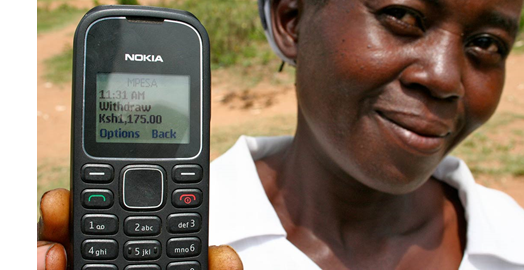How redistribution affects the real economy is one of the central, unanswered questions in development economics. There is limited evidence on the interaction between redistribution and small- and medium-sized enterprises (SMEs) in low-income countries, particularly those in the informal sector. How does social safety net policy affect the environment and performance of SMEs? Do pricing responses vary based competitiveness (defined as the number of similar enterprises nearby)? Are there heterogeneous effects by gender?
The nonprofit organization GiveDirectly delivers large unconditional cash transfers to poor households in rural Kenya, using a lottery to assign villages to treatment or control status. The researchers will combine the randomized treatment assignment of villages by GiveDirectly with a baseline census of enterprises in 325 villages and high-frequency data on enterprises in these villages via phone surveys to create a unique panel of SMEs. This will contribute to the understanding of the dynamics of small enterprise responses to redistribution in thin markets and will allow the authors to trace out the paths of profits and prices over time.
Given that cash transfers are growing in popularity as a tool for redistribution and poverty alleviation due to their lower administration and procurement costs and ability to allow recipients to identify their own needs, understanding their interactions with private enterprise is necessary. More broadly, the effects of redistribution on SMEs are of central importance for policymakers and NGOs interested in poverty alleviation and social welfare programs, and this study will contribute to the formulation of policy addressing these issues.







